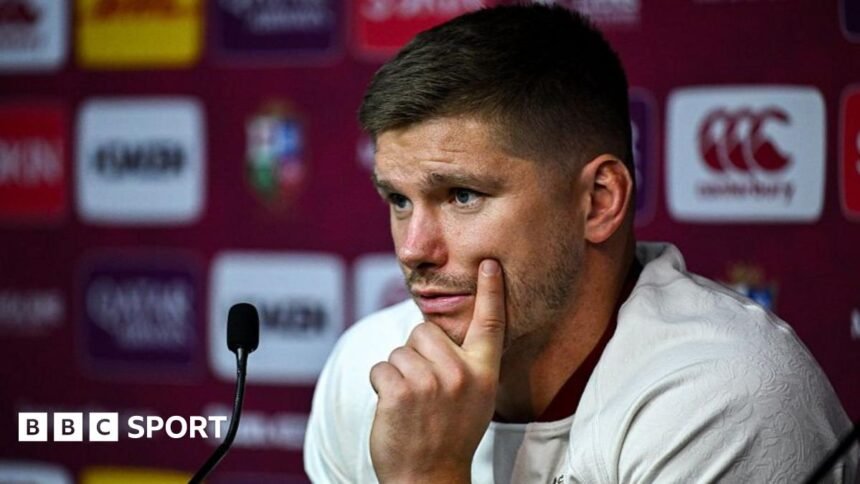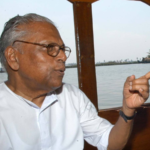Owen Farrell had been talking about the honour and the excitement he felt at being named British and Irish Lions captain on Tuesday against First Nations and Pasifika XV when things got a little deep in the interview room at Marvel Stadium in Melbourne.
Deep and compelling. Honest and riveting. When Farrell was called up for the Lions – his fourth such tour – after not playing any rugby in nine weeks and not having played in the Test arena in 20 months following his break from England, there was a whirlwind of protest among followers of the sport.
Few, if any, players in the global game have the capacity to turn sedate conversations into verbal battles quite like Farrell. It is barmy but true.
His name provokes heated debate – pro and con – and that was the way of it when his father called him up in the middle of the tour. Skin and hair flew in cyberland.
At Marvel Stadium he was asked if he understood this phenomenon, this incredible passion he provokes in rugby people.
“Not really, no,” he said. “No, not really,” he repeated.
“But I understand that it’s different now. I understand times are different and things catch fire quicker.
“Things grow legs, take a life of their own, go wherever they go and there’s momentum behind them. But no, I don’t always understand it.”
There was a confusion there. A touch of sadness, almost. Farrell became one of the greatest players of his generation not just on talent and leadership but on indomitable spirit and a capacity to let all the flak he faced wash over him.
It takes its toll, though. He is not a machine. The barriers came down a touch on Monday when he spoke and we got a glimpse of another side of him. And it was interesting.
There is a lot of poison – and a lot of praise – for him online. Can he block it all out?
“Both are a poison,” he said.
Both, as in?
“The good and the bad. Not to say that it’s all bad, but the things that should matter to me and should matter to us as players are the people that matter to us,” he added.
“If you go and knock on someone’s door and ask them their opinion of how you played at the weekend, you wouldn’t really listen to their answer.
“I guess the people I think we should listen to are the proper rugby people – your mates. Not that those people will just pat you on the back.
“You have people who will tell you where it is at the same time, but they’ll give you a real answer.
“If you do that and you’re in a good place yourself, then you can deal with it.”
Is it hard, though, to freeze all the negativity and all the lunacy that has been directed at you?
“It depends what place you’re in at the time because there’s times where people can say this, that and the other and it just goes over your head,” he said.
“And there’s times where you’re not in the best place of all time and you’re almost waiting for something to set you off.”







